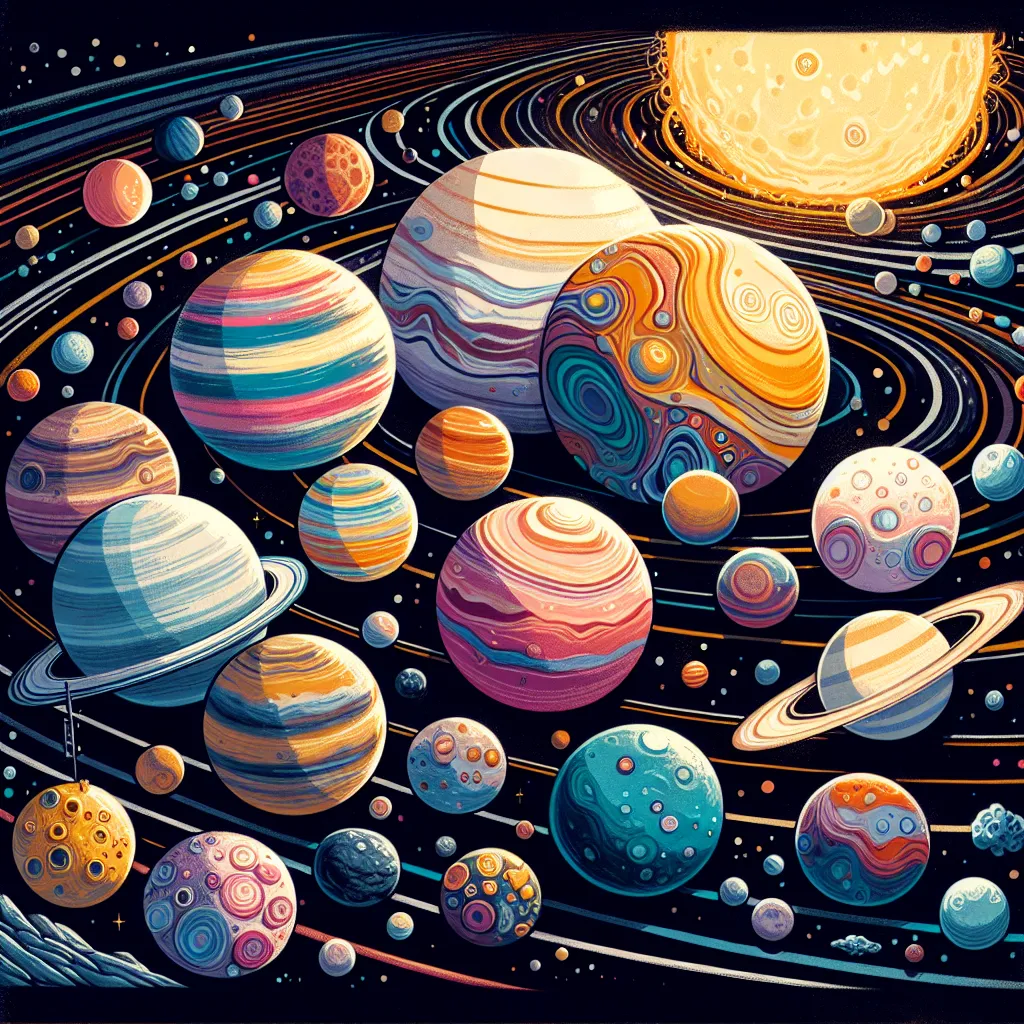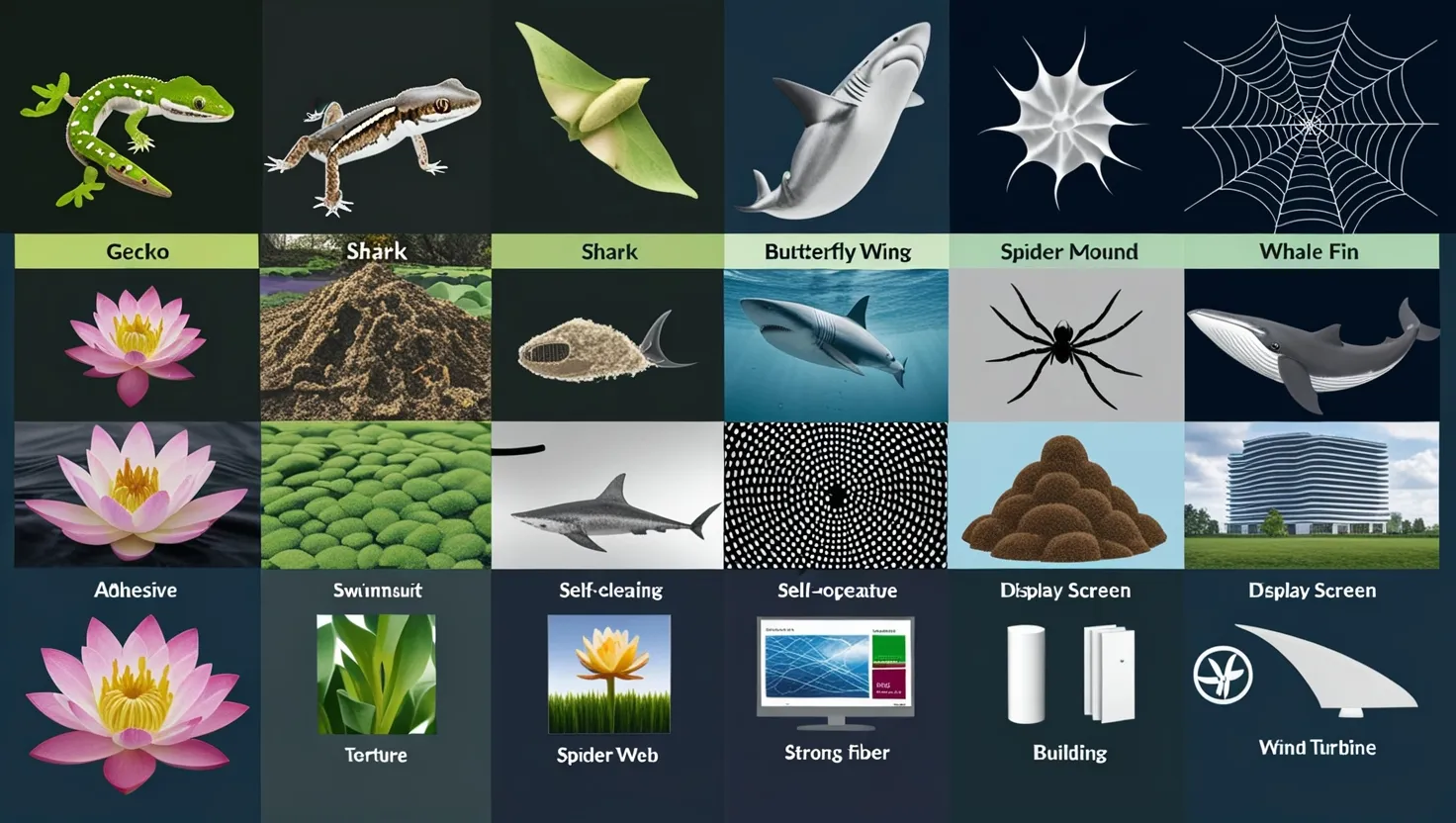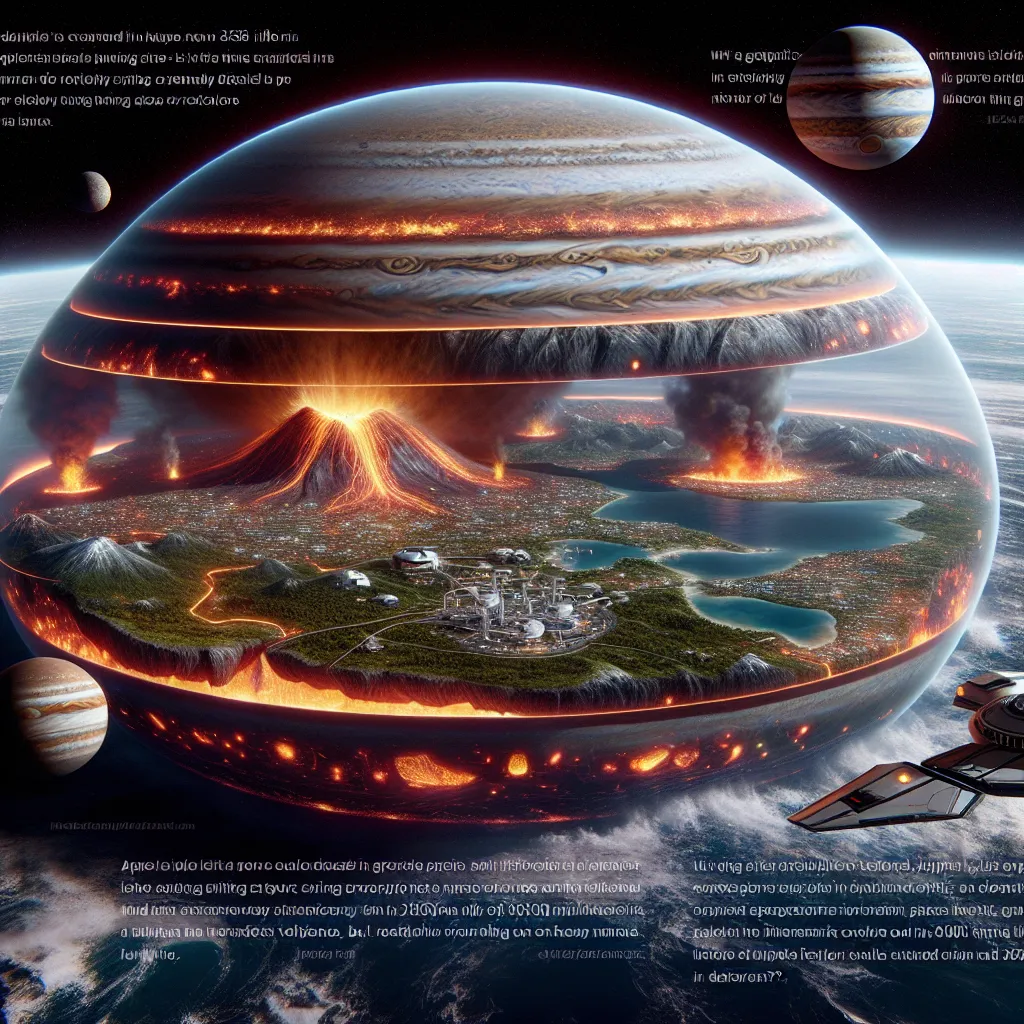Hey there, I’m Nigel, and this is “Nigel Caries to Space.” Ever since I was a kid, our view of the solar system has changed quite a bit. When I was growing up, there were nine planets. Now, there’s only eight. Yep, poor Pluto got the chop in 2006 thanks to a decision by the International Astronomical Union.
People often ask me why Pluto lost its planet status—after all, many of us had a soft spot for it. The main reason is pretty straightforward: Pluto has always been the smallest of the planets, much tinier than even Mercury. It orbits way out past Neptune, which is a massive planet. For the longest time, Pluto was the only known world in that distant region.
But then the 1990s rolled in, and astronomers started uncovering thousands of icy objects similar to Pluto. We eventually stumbled upon Eris, a world about the same size as Pluto but heavier. If Pluto gets to be a planet, shouldn’t Eris be one too? What about the other similar-sized objects we might discover?
So, we faced a dilemma: Do we call all these objects planets, pushing up the planet count to 11, 20, 30, or even 50? Or do we categorize everything beyond Neptune as part of a “rubble belt,” much like the asteroid belt between Mars and Jupiter? That rubble belt is now known as the Kuiper Belt, home to icy bodies like Pluto.
In the end, the decision was made to demote Pluto to a Kuiper Belt Object. This way, the term “planet” stays reserved for the much larger bodies closer to the Sun. But don’t feel too bad for Pluto—it’s still a fascinating place. The New Horizons probe sent back stunning images that showed Pluto is unlike any other world we’ve seen.
Pluto may no longer be a planet, but it holds a unique place in our solar system. Want to know more about the universe and other wonders of science? Stick around for more episodes of “Nigel Goes to Space.”






